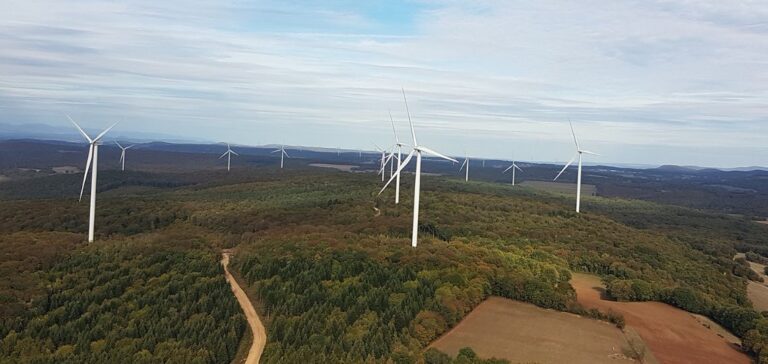EBRD (European Bank for Reconstruction and Development) buys a 3.2% stake in Premier Energy PLC following an IPO (Initial Public Offering). This investment of 77 million RON (15.5 million euros) enables EBRD to become a minority shareholder in Premier Energy, one of the leading energy infrastructure management companies in Southern and Eastern Europe. The funds raised by the IPO will be allocated primarily to increasing renewable energy production capacity in Romania, with the aim of reducing carbon dioxide emissions by over 168,000 tonnes per year.
Supporting green growth
EBRD’s investment in Premier Energy is in line with Romania’ s and EBRD’s green objectives. This financial participation was crucial to the success of the IPO, attracting other investors thanks to the anchoring provided by EBRD. EBRD will continue to support Premier Energy in its climate actions, low-carbon transition and improved corporate governance. Premier Energy is also committed to promoting gender equality within its operations.
Management declaration
Grzegorz Zielinski, Director of Energy Europe at EBRD, said:
“We are delighted to partner with Premier Energy and support its growth in renewable energy. Premier Energy’s energy transition strategy aligns perfectly with EBRD’s priorities in the region.”
Tamas Nagy, Director and Co-Head of Private Equity at EBRD, added:
“We are proud to become shareholders of Premier Energy. We have successfully worked with Premier Energy to strengthen its ESG and climate practices and set ambitious targets.”
Future prospects
Jose Garza, CEO of Premier Energy, expressed:
“We are delighted to welcome EBRD as a shareholder. This investment strengthens our collaboration and underlines our shared commitment to renewable energy and sustainability in Moldova and Romania.”
In addition, Petr Stohr, CFO of Premier Energy, emphasized the importance of EBRD’s involvement in the success of the IPO and expressed his gratitude for the trust placed in him. This alliance will enable Premier Energy to accelerate its renewable energy generation projects while providing sustainable energy to around 2.4 million customers in both countries.






















